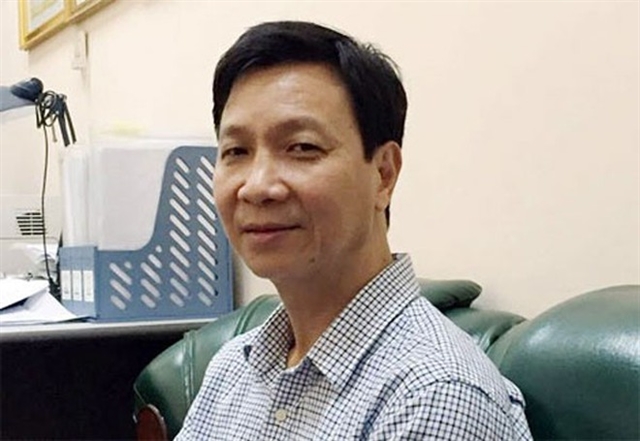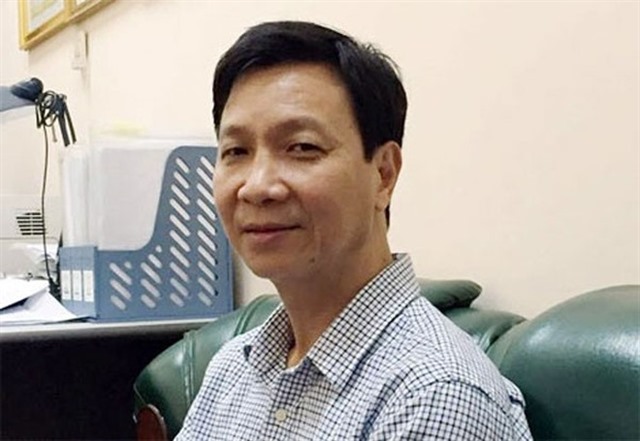[ad_1]

The National Circus Talent 2021 contest was held recently by the Department of Performing Arts in collaboration with the Việt Nam Theatre Artists Association.
Only five troupes entered the contest while the previous edition attracted 10.
People’s Artist Tạ Duy Ánh, director of Việt Nam Circus Federation, speaks about the difficulties facing circus art:
What is your assessment of the contest?
Nearly 100 artists from five troupes attended the contest with interesting performances showing they have maintained their passion for the circus and their efforts to overcome difficulties facing the circus.
The contest saw different genres of circus arts including trained animals. Performing techniques and styles were also improved.
As head of the jury panel, I was glad to know that there are still artists who are passionate about their profession. However, there were also a number of performances that did not have creativity and were not technically advanced and overused other art genres.
Some have said that circus shows today are too much about Vietnamese culture without focusing on circus techniques. What is your opinion?
In international integration, we mainly talk about economic development but culture is also very important. How to develop the economy without losing culture is an outstanding problem.
Circus artists take advantage of Vietnamese culture in their performances such as costume, music and props. It is a good sign. But it doesn’t mean it will make a good circus repertoire.
Làng Tôi (My Village) is a very popular circus show in Việt Nam and it has been performed abroad. What can we do to have more circus shows like Làng Tôi?
Làng Tôi used to be a co-operation between Việt Nam Circus Federation with a French theatre. But then a lot of things happened and we don’t have the copyright.
After that, we staged another show entitled Sông Trăng (Moon River) which had many shows in Germany.
I think that to make good shows like Làng Tôi or Sông Trăng we need to promote advertisement and communications to reach the audience better. This is the only way to develop circus art.
Vietnamese culture has typical characteristics but they are fading out because of a lack of attention.
This contest shows that that the circus arts lack new talents. Why is this?
This is not only the story of the Vietnamese circus but also the world circus scene. It is difficult to develop circus art.
Young people now have too many options. They must be passionate about the circus to become a circus artist.
I have spent 40 years in the profession so I understand it well. The circus requires hard work and the working time is short.
I think it is a great effort to have five troupes attending the contest in the context of the COVID-19 pandemic. The contest is also a chance for local troupes to exchange and compete, making them confident to attend international contests.
Student circus recruitment and training are really difficult. We have to come to remote areas to recruit students. But the most important thing is to nurture the love for the circus.
Circus is one of the professions on red alert about the brain drain. We don’t have proper support policies for circus students.
Our best artists are offered jobs by newly-established companies. We struggle to keep them with us.
I cannot keep my students and I’m afraid that circus arts are going to fade out. My family has been in the circus performing for three generations but now none of my children are following the traditional profession.
However, we are proud of our artists who have won top prizes at international contests. I think that they need to be given priority and proper support policies from the State.
What do you think about the role of social sectors to support circus art development?
We are beginning to socialise but the reality is not as expected. We need support from business sectors and the State as well.
Socialisation is just carried out seasonally. It has not been a stable process. In developed countries, businesses can enjoy tax incentives if they sponsor the culture sector. This will ensure long-term support for cultural and arts development.
In Việt Nam, businesses do it individually, not systematically. VNS
[ad_2]
Source link
